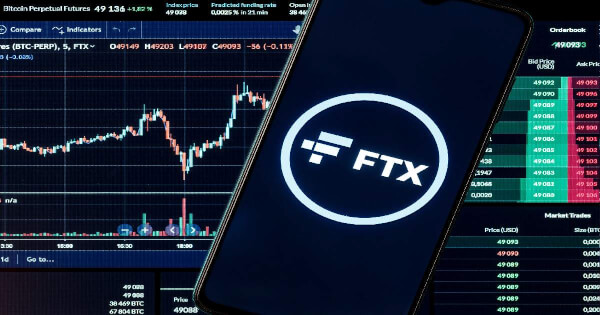- LensLinks
- Posts
- LensLinks: Issue 12
LensLinks: Issue 12
A blockchain news roundup, brought to you by Regiment LLC

Today in LensLinks:
101: What is Metaverse? The Future of Metaverse Seems Bright
SBF: Who is he and why is Texas investigating?
Walmart and the future Crypto Payments Disruption
Dubai has first "Metaverse Cops"
Robert Leshner on DeFi and "the end state of markets"
Bitcoin rally falls, Metaverse CAGR predictions, Big Eye Coin presale flying, 2022 "The Year of Crypto Hacks", whew!
And Much, Much More...
QUOTABLE...
Cryptocurrencies fall into one of the major areas of payments disruption and “will become an important part of how customers transact.”
NOTABLE...
Cryptocurrencies fall into one of the major areas of payments disruption and “will become an important part of how customers transact,” according to Suresh Kumar, the global chief technology at the retail giant Walmart.
“Crypto is going to continue to play a very important role in that. And obviously, we want to be there where the customer really needs us to be,” Kumar said at Yahoo Finance's All Markets Summit on Monday.
Metaverse & Gaming
In fact, this year, Metaverse market capitalization is already over $38.5 billion and is expected to grow even more as more users are expected to join in different projects or programs that leverage this emerging technological innovation.
For 2022, monthly users for this burgeoning industry average around 400 million and a greater majority of this number expressed willingness to spend up to $1,000 for advanced Virtual Reality (VR) gears.
Blockchain, Tokens & DeFi
While centralized crypto lenders were collapsing, DeFi worked as it should, making it the “end state for markets,” Robert Leshner argues.
Crypto Trading
On Tuesday some 48,000 bitcoins moved off Coinbase Pro, a favored exchange among institutional investors, according to data provider CryptoQuant.
The outflow was the biggest among crypto exchanges since crypto’s big crash in June of this year and the second-largest of all time. Exchange outflows suggest investors are withdrawing their crypto from exchanges and shifting from selling mode to accumulating mode.
Metaverse & Gaming - A Little More...
Blockchain, Tokens & Defi - A Little More...
Crypto Trading - A Little More...
ESG (Environment, Social & Governance)
Ultimately, these DeFi startups attempted, in many cases, to upend the system by creating infrastructure to make it easy for people to buy carbon credits, which would then be retired and replaced with new tokens on the blockchain. As a result, the tokens will be stored publicly and safely, able to be bought and traded like any other crypto asset, thereby attracting prospective buyers who didn’t have any interest in carbon credits before.
Campaigns by crypto environmental groups led to millions of carbon credits arriving on chain. According to some scientists and watchdogs, many of the credits were tied to low-quality, long-dormant projects that didn’t improve the environment. The result? Market prices fluctuated wildly, causing mild panic among traditional carbon-credit buyers and issuers.
Even though these projects are still ongoing, it’s clear that crypto markets are unprepared to handle such a challenge. It’s not about DeFi or blockchain technology but how we think about using blockchain for social good. That’s the real issue here.
Dear reader: You made it to the bottom. How about forwarding LensLinks to a colleague or reposting/re-tweeting? Click the handy links at the top to do so easily. Thanks for reading.
Disclaimer: This note is distributed by Regiment, LLC for informational purposes only and is sourced from publicly available media reports. It is not an investment recommendation or solicitation for any investment. The information is current as of date and subject to change. In such case Regiment, LLC does not undertake to provide any updates. Recipients must be aware that any private, alternative investments discussed are speculative in nature, often illiquid, and subject to loss of capital.












